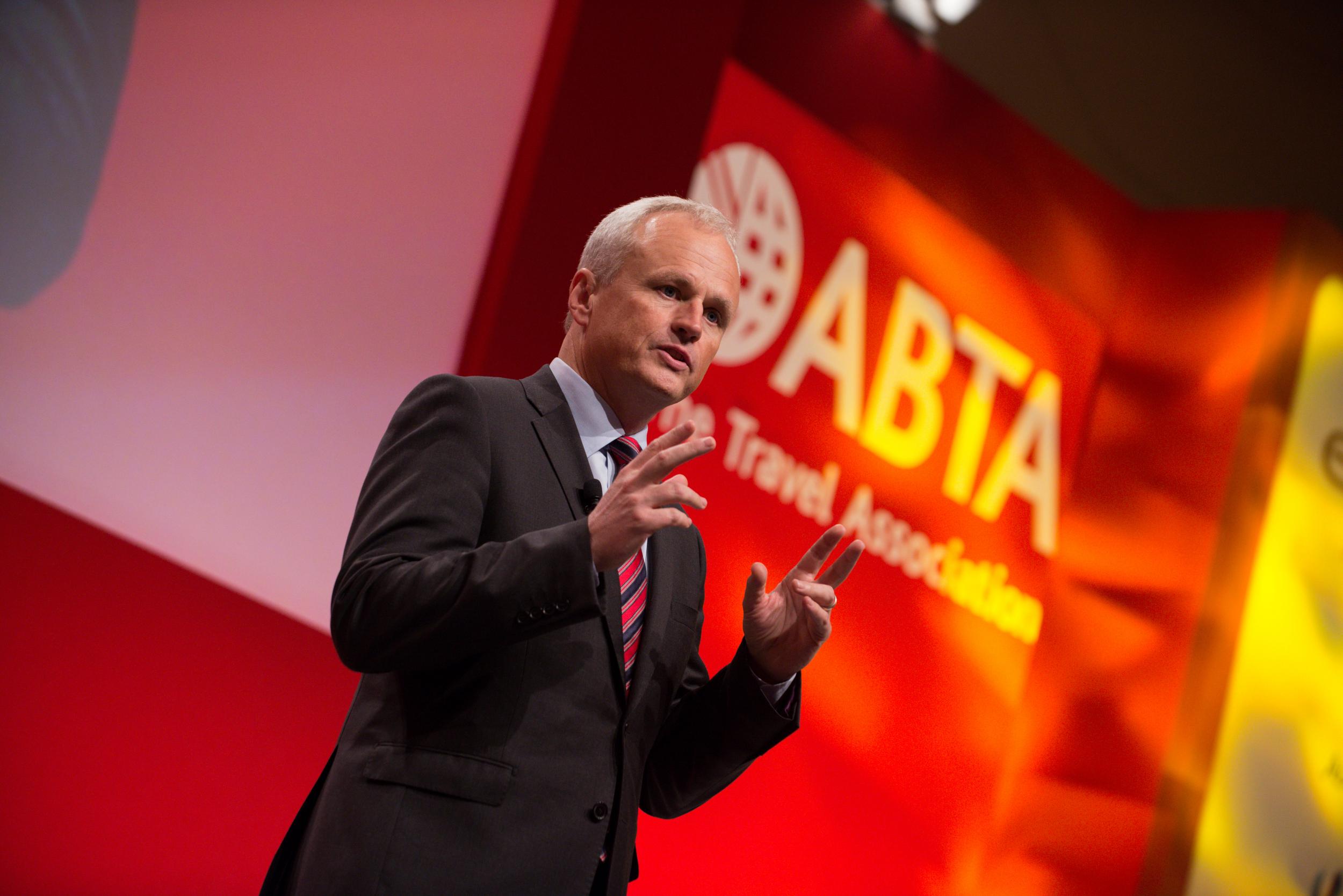Monarch Airlines: What was all that about?
The inside story of the airline that came back from the brink

Your support helps us to tell the story
From reproductive rights to climate change to Big Tech, The Independent is on the ground when the story is developing. Whether it's investigating the financials of Elon Musk's pro-Trump PAC or producing our latest documentary, 'The A Word', which shines a light on the American women fighting for reproductive rights, we know how important it is to parse out the facts from the messaging.
At such a critical moment in US history, we need reporters on the ground. Your donation allows us to keep sending journalists to speak to both sides of the story.
The Independent is trusted by Americans across the entire political spectrum. And unlike many other quality news outlets, we choose not to lock Americans out of our reporting and analysis with paywalls. We believe quality journalism should be available to everyone, paid for by those who can afford it.
Your support makes all the difference.On the evening of Friday 23 September, the operations directors of all the leading UK airlines bar one received an unusual phone call. It was from the Civil Aviation Authority, enquiring if they had any spare planes and crews available for the following Monday morning.
The reason: there were serious concerns about the financial health of Monarch Airlines. With around 12,000 passengers due to fly back every day of that week, the CAA needed to organise an orderly airlift. The authority knows from weary experience that an airline failure can trigger panic and upset among British holidaymakers abroad, and wanted to be able to tell travellers: we will get you home, just turn up as normal at the airport and be prepared to board an unusual plane.
These arrangements needed to be carried out with the utmost secrecy. Rumours about the imminent demise of an airline can, all too often, prove self-fulfilling. Passengers stop booking, and suppliers start demanding cash in advance.
But the CAA reckoned without the planespotters of the world. Aircraft enthusiasts saw Jumbo jets from United Airlines in Chicago arriving in Palma and Tenerife. Soon the online departure screens at those airports, and others in various Mediterranean sunspots, revealed a “shadow airline” mirroring the Monarch schedule.
The flight crews of the chartered aircraft enjoyed a week in some lovely places. They were kept on for the next deadline: 11.59pm on Friday 30 September, when Monarch’s Air Travel Organiser’s Licence was due to expire. I was camped outside the CAA HQ in London waiting to see if the airline’s ATOL would be renewed. With less than four hours remaining, Monarch got a 12-day stay of execution, in which to find new finance to see it through a bleak winter of weak demand and falling fares.
Monarch is shortly expected to file its accounts showing a healthy operating profit. Surely potential funders would be queuing up to invest in a successful airline? Well, in the tangled web of travel accounting, making a margin in a relatively bouyant summer when oil prices are low does not necessarily imply a going concern when the going gets tough.
Bluntly, the CAA needed to be convinced that the airline had a big bag of cash.
Day 11 dawned with the pound plunging further on the foreign exchanges, and an empty chair. The superfluous furniture was on the stage of the Abta Convention, the travel association’s annual get-together, held this year in Abu Dhabi. Andrew Swaffield, Chief Executive of Monarch, was due to take part in a debate on Brexit’s impact on the travel industry.
To no-one’s surprise, he was elsewhere, seeking to get investment in place to satisfy the CAA.
To everyone’s surprise, Mr Swaffield turned up a day late. On Tuesday he had succeeded in organising £165m in new investment from Greybull Capital, which already owns 90 per cent of Monarch. (The remaining tenth is held by the airline’s pension fund.) Then he headed for Heathrow to board Etihad flight 18 to the UAE.
At 10am on Wednesday, Abu Dhabi time, the news release went out confirming the cash injection. By 1pm, Mr Swaffield was on stage in a hastily arranged extra session. Even though it cut into lunchtime, the hall was full of travel agents and tour operators keen to hear about the fate of an airline that helped to underpin the remarkable expansion of the British holidaymakers horizons.
The Monarch boss explained that the negotiations for a cash injection were so protracted because of the sheer range of issues facing the airline: the puny pound, the UK government’s ban on flights to Sharm el Sheikh, a slump in demand for Turkey because of fears over terrorism, and ferocious competition between short-haul airlines.
Things, he said, will start getting better from 2018, when the airline gets the first of a fleet of new, more efficient planes.
The audience responded enthusiastically; Monarch is one of the rare travel brands for which many in the industry feel genuine warmth. The airline’s rivals are quietly seething: while any carrier’s failure gives the industry a bad image, easyJet, Ryanair and Jet2 expect Monarch to cut fares drastically in order to get people back on board.
It’s a lousy time to be an airline, which means it's a good time to be a passenger. Outside half-terms and the Christmas/New Year break, travellers will be almost be able to name their price. Make the most of the fares war; it won’t last.
Join our commenting forum
Join thought-provoking conversations, follow other Independent readers and see their replies
Comments